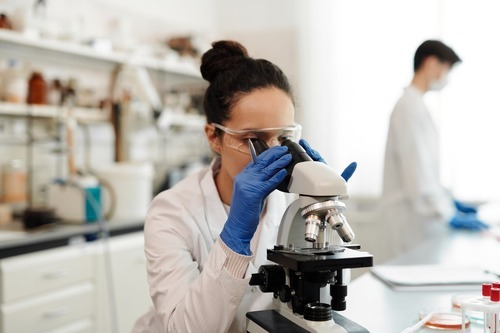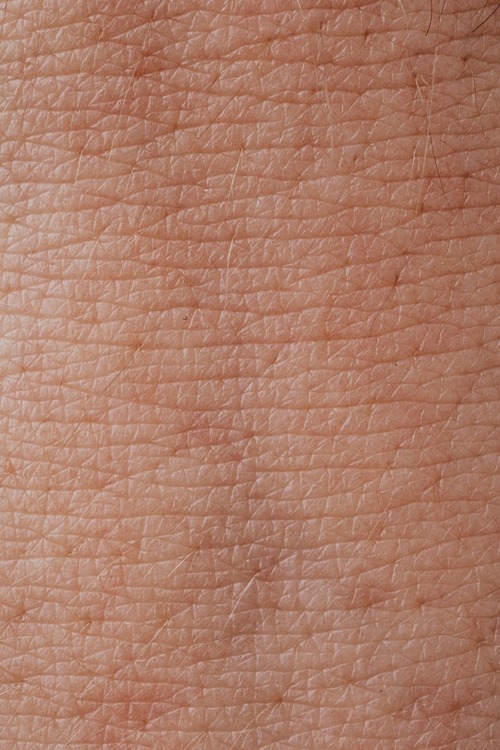When people look at their own skin it may seem normal to them. This can cause them to assume that everyone has the same kind of skin as them. However, this is not the case. There is a diverse range of different ones that anyone can be born with. The characteristics of a person’s skin will largely be dictated by their genetics. They will inherit these from their parents. These characteristics will also be carried down to their own children.

Skin type can change over time. This tends to occur during adolescence. However, there is no set age. Even the elderly may discover new characteristics. Regardless of what genetic skin type a person has it is important that they take good care of it. This will involve applying a high quality product. These are available from Verso. Their site has plenty of cream applications to help keep skin feeling clean, moisturised and rejuvenated.

How to Look After Genetic Skin Types
Skin irritation is very common. It can be caused by a wide variety of elements. Whilst there are many different types of skin that can be genetically inherited many of them can be soothed with creams. It is best to go for ones that contain the vitamin A complex retinol 8. This ingredient can be found in Verso Skincare creams as it helps to improve epidermis texture. People looking to care for their skin long term can do so with these products.
The Five Main Types
- Normal
People have this type if their skin does not show flaking or oil. Their pores will be fairly visible and the texture will be smooth. Those with normal skin are lucky as they will have minimal irritation. They may have normal skin due to their genetics. However, their diet could also play a big role. In recent years the food people eat has become more recognised as a big factor in skin type.
- Oily
Grease will be seen on the tissue. The pores will likely be large and shiny. Oily skin is more commonly seen in younger people. It can be caused by the onset of adolescence, humidity or heat. Studies have also shown that stress can trigger acne in people with oily skin.
- Dry
There may be dead flakes of skin and a feeling of tautness. Cracking, irritation and itchiness are common. People with this type will need to moisturise regularly.
- Combination
This is the most common type. The person can exhibit traits of the previous three. Genetics will play a big role in what exact combination an individual has.
- Sensitive
The skin could be dry, red, burning or itchy. It is useful to determine what elements cause the skin to feel sensitive. These can then be avoided.




